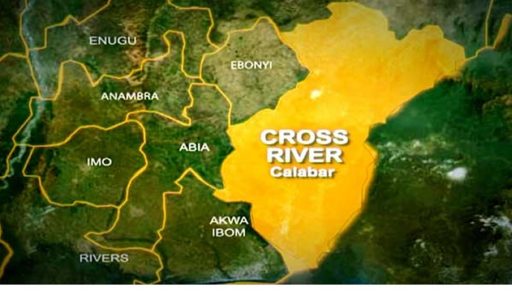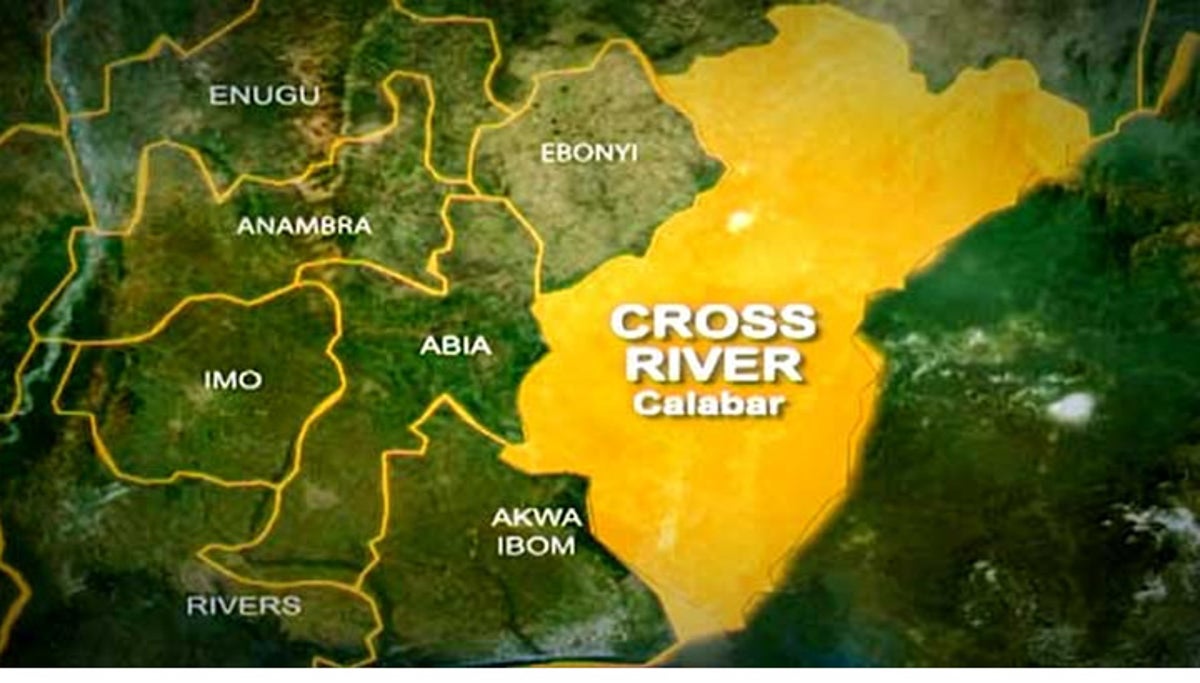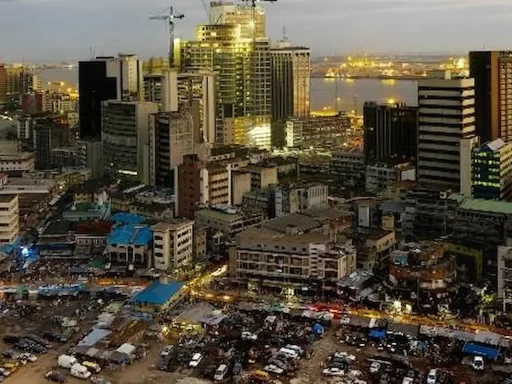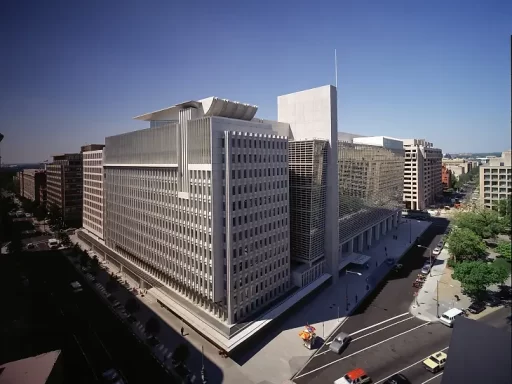Cross River’s Oil Loss: Ex-Speaker Blames Boundary Policies, Not ICJ Ruling
NaijaEnquirer
More than 20 years after Nigeria ceded the Bakassi Peninsula to Cameroon in compliance with an International Court of Justice (ICJ) ruling, controversy over the fallout continues. Former Speaker of the Cross River State House of Assembly, John Lebo, has accused the National Boundary Commission (NBC) of misinterpreting the judgment, resulting in a loss of oil wealth for the state and exposing Nigeria to territorial risks.
“Cross River Was Never Landlocked”
In an interview, Lebo insisted that the ICJ ruling never described Cross River as landlocked, nor did it justify stripping the state of its offshore oil assets.
“There is no portion of the ICJ judgement where the Court pronounced Cross River State is not a territorial state,” Lebo said. “The National Boundary Commission abandoned the demarcation of Bakassi and went ahead to relocate the oil wells.”
He alleged that the NBC used flawed cartographic interpretations and ignored critical historical records, including treaties, census data, and the original plebiscite that brought Bakassi under Nigerian control.
2012 Supreme Court Ruling Under Fire
Lebo also challenged the 2012 Supreme Court ruling that awarded 76 offshore oil wells to Akwa Ibom. He argued that the verdict was based on incorrect advice provided by the NBC, not a proper reading of the law.
“The Supreme Court ruling was driven by wrong policy recommendations,” he claimed, adding that Cross River’s loss was due to misrepresentation, not legal merit.
Today, Cross River receives ₦250 million monthly in compensation from Akwa Ibom, a figure Lebo dismissed as inadequate and unjustified. “You are giving us ₦250 million in respect of what? Oil wells located where?”
Cameroon Allegedly Annexes Nigerian Islands
Lebo further warned that boundary mismanagement has national consequences. He claimed Cameroon has annexed 16 islands, with over 2,600 oil wells, in Nigeria’s maritime zones.
“That is one of Nigeria’s richest oil zones,” he said, warning of continued erosion of Nigeria’s territorial integrity.
Cross River Government Responds
The Cross River State Government has also pushed back against Akwa Ibom’s claims. In a statement by Commissioner for Information Dr Erasmus Ekpang, the state described past reassignments of oil wells as “misleading and historically inaccurate.”
The government said only southern Bakassi was ceded to Cameroon under the 2002 ICJ ruling, while the western portion remains part of Nigeria—and under Cross River’s jurisdiction.
It also accused the NBC and Revenue Mobilisation Allocation and Fiscal Commission (RMAFC) of reallocating oil wells to Akwa Ibom at a 2008 retreat in Kano without informing Cross River.
New Findings in 2024
In March 2024, Governor Bassey Otu received a briefing revealing that wells in Oil Mining Leases (OMLs) 114 and 123 fall within Cross River’s maritime boundaries—yet the state earns nothing from them.
The RMAFC formed a committee which concluded that 67 oil wells lie within Cross River territory. The state described this as an “uncomfortable truth” federal agencies had long ignored.
Senate Launches Probe
The matter has now reached the National Assembly. In July, the Senate formed an ad-hoc committee to investigate alleged annexations of Nigerian maritime territories and the fate of thousands of oil wells.
Senator Aniekan Bassey warned that over 2,500 oil wells may be at stake, calling the situation a “national embarrassment.” Lawmakers urged the government to alert the United Nations.
Not Just a State Dispute
What began as a regional disagreement has now evolved into a broader debate about Nigeria’s sovereignty and ability to protect its resources.
“This is not just about oil wells,” Lebo emphasized. “It’s about recognition of Cross River as a coastal state wrongly denied its rightful status.”







